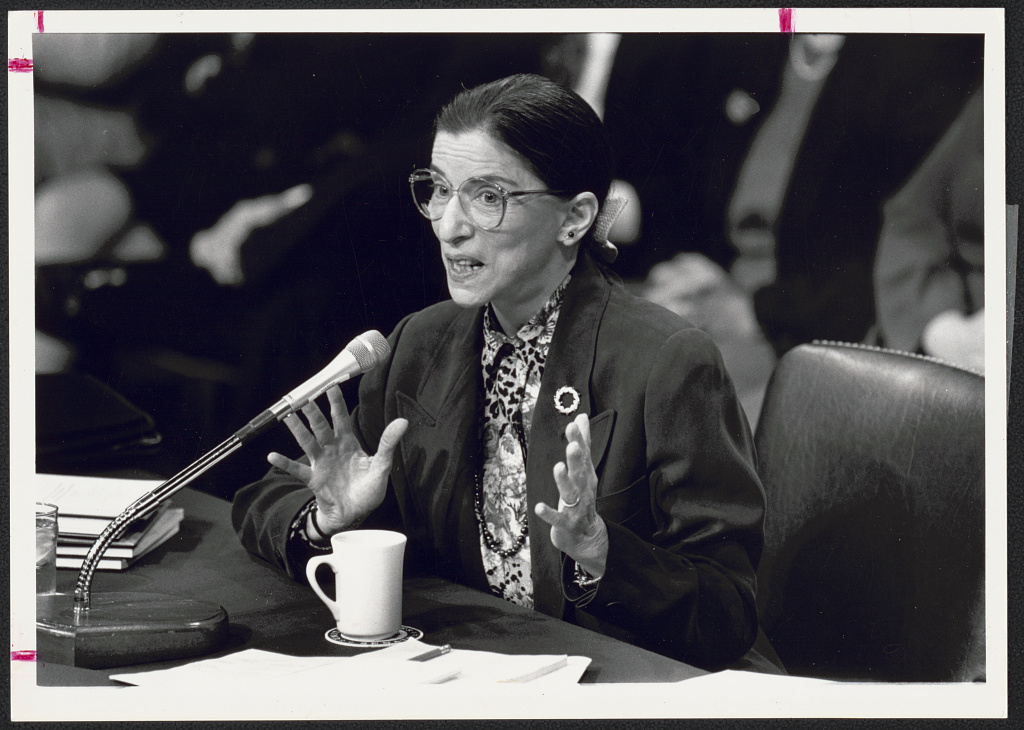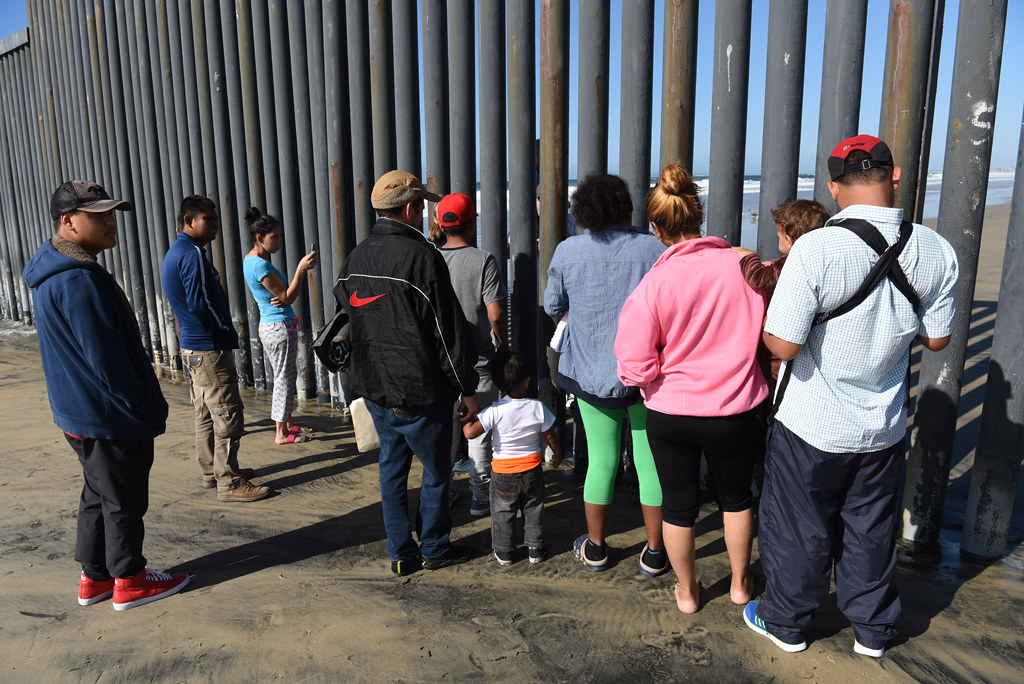What’s Next in Criminalizing Intimate Partner Violence
By Staff Writer Zeqi Chen
In March 2022, the Violence Against Women Act (VAWA), was reauthorized for the fourth time, albeit after a four-year delay. First enacted in 1994, VAWA is the federal legislative milestone against domestic violence that provides protections for individuals who have suffered gender-based harm.
VAWA’s most iconic achievement was the establishment of criminalization as a way to combat intimate partner violence and advance the criminalization of intimate partner violence. This approach, which allocates most of its funding to law enforcement to address domestic violence, was opposed by anti-violence activists as early as 1994 when VAWA was passed. They warned that criminalizing domestic violence would disproportionately target communities of color and punish survivors.
With the death of George Floyd to the “Black Lives Matter” movement, the breakdown of trust between the public and police has led to increasing challenges to the traditional role of law enforcement and debates around the effectiveness of its powers in social justice. The assumption that...


